Ultimate Laptop Buying Guide: Comparing Features and Performance
Introduction
Choosing the right laptop can significantly impact your productivity, gaming experience, or creative work. This guide aims to simplify the complex process of selecting a laptop by comparing crucial features and performance metrics.
Understanding Your Needs
Assessing Your Requirements
Before diving into specific laptop models, it’s essential to identify your primary needs. Are you primarily using the laptop for work, gaming, content creation, or everyday tasks? Understanding this will help narrow down your choices.
Considering Portability Needs
Do you need a lightweight laptop for frequent travel, or is a larger screen size more suitable for your tasks? Portability considerations such as weight and dimensions play a crucial role in your decision-making process.

Key Features to Consider
Processor and Performance
The processor is the heart of your laptop, determining how fast it can execute tasks. Intel and AMD are the main players here, each offering various models suited for different needs. Clock speed and core count also influence performance significantly.
RAM and Storage
Random Access Memory (RAM) affects multitasking capabilities, while Storage (SSD or HDD) impacts how quickly your laptop boots and loads applications. Optimal configurations depend on your usage patterns.
Display and Graphics
A high-resolution display enhances viewing pleasure, whether for watching movies or editing photos. Graphics Processing Unit (GPU) strength is crucial for gamers and professionals working with graphical applications.
Battery Life and Portability
Long battery life is essential for those constantly on the move, while battery capacity determines how long you can use your laptop away from a power source. Portability factors like weight and size also influence daily usability.
Connectivity and Ports
Ensure your laptop has the necessary ports for your peripherals and external devices. USB-C, HDMI, and Thunderbolt ports are increasingly important for connectivity versatility.
Operating System Considerations
Windows vs. MacOS vs. ChromeOS
Choosing the right Operating System (OS) is critical as it affects software compatibility and user experience. Windows is versatile, MacOS is popular among creative professionals, and ChromeOS offers simplicity and security for light tasks.
Build Quality and Durability
Materials Used
Laptops come in various build materials such as plastic or metal, each impacting durability and aesthetics differently.
Keyboard and Trackpad Quality
A comfortable keyboard and responsive trackpad are essential for long typing sessions and precise cursor movements.
Warranty and Support
Consider the warranty offered by the manufacturer and the availability of support services. This ensures peace of mind in case of hardware issues.
Budgeting and Value for Money
Setting a Realistic Budget
Define your budget range early on to narrow down choices and prevent overspending.
Finding the Best Value
Look for laptops offering the best combination of features and performance within your budget constraints.
Researching and Comparing Models
Reading Reviews and Expert Opinions
Gather insights from professional reviews and user feedback to understand real-world performance and reliability.
Using Comparison Tools
Utilize comparison websites and tools to directly compare specifications and prices across different laptop models.
Making the Purchase Decision
Where to Buy
Decide whether to purchase online or from a retail store based on convenience, pricing, and return policies.
Ensuring Warranty and Support
Verify the warranty coverage and support options available before finalizing your purchase to safeguard your investment.
Conclusion
Choosing the right laptop involves considering a multitude of factors, from performance and features to budget and personal preferences. By understanding your needs and thoroughly researching options, you can find a laptop that perfectly matches your requirements.
FAQs
What should I prioritize: CPU or GPU?
When choosing a laptop, prioritize the CPU for general computing tasks and the GPU if you plan to game or work with graphics-intensive applications.
How much RAM do I need for gaming?
For gaming, aim for at least 8GB of RAM, although 16GB is recommended for smoother performance, especially with modern titles.
Is it better to buy a laptop with an integrated or dedicated graphics card?
For casual use, integrated graphics suffice, but dedicated GPUs are necessary for gaming and professional graphics work due to their superior performance.
What factors should I consider for battery life?
Battery capacity (measured in Watt-hours) and the efficiency of the laptop’s components (CPU, display) are crucial factors influencing battery life.
How often should I upgrade my laptop?
Upgrade your laptop when it no longer meets your performance needs or lacks essential features required for current software and applications.
This structured approach ensures the article is informative, engaging, and optimized for SEO, catering to both novice laptop buyers and those seeking specific performance benchmarks.



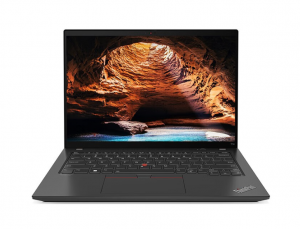

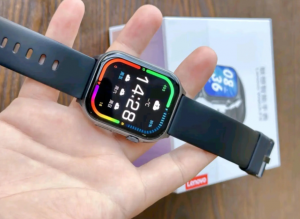
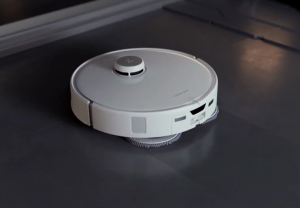


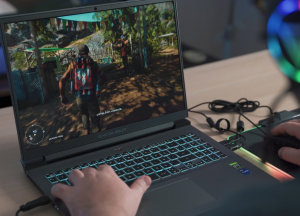


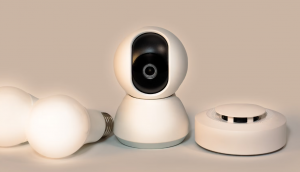
Post Comment